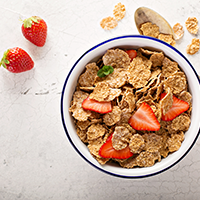
Why is Vitamin B12 important?
Vitamin B12 is needed to help speed up chemical reactions in our bodies. Common symptoms and signs of a vitamin B12 deficiency include digestive problems, anaemia, a sore tongue, loss of appetite, muscle weakness, poor memory and an increased risk of nervous system damage.
Vitamin B12 is made by micro-organisms and is not produced by plants. Fortified foods and supplements are the only reliable sources of vitamin B12 for vegans. Be suspicious of any claims that this vitamin can be derived from plants.
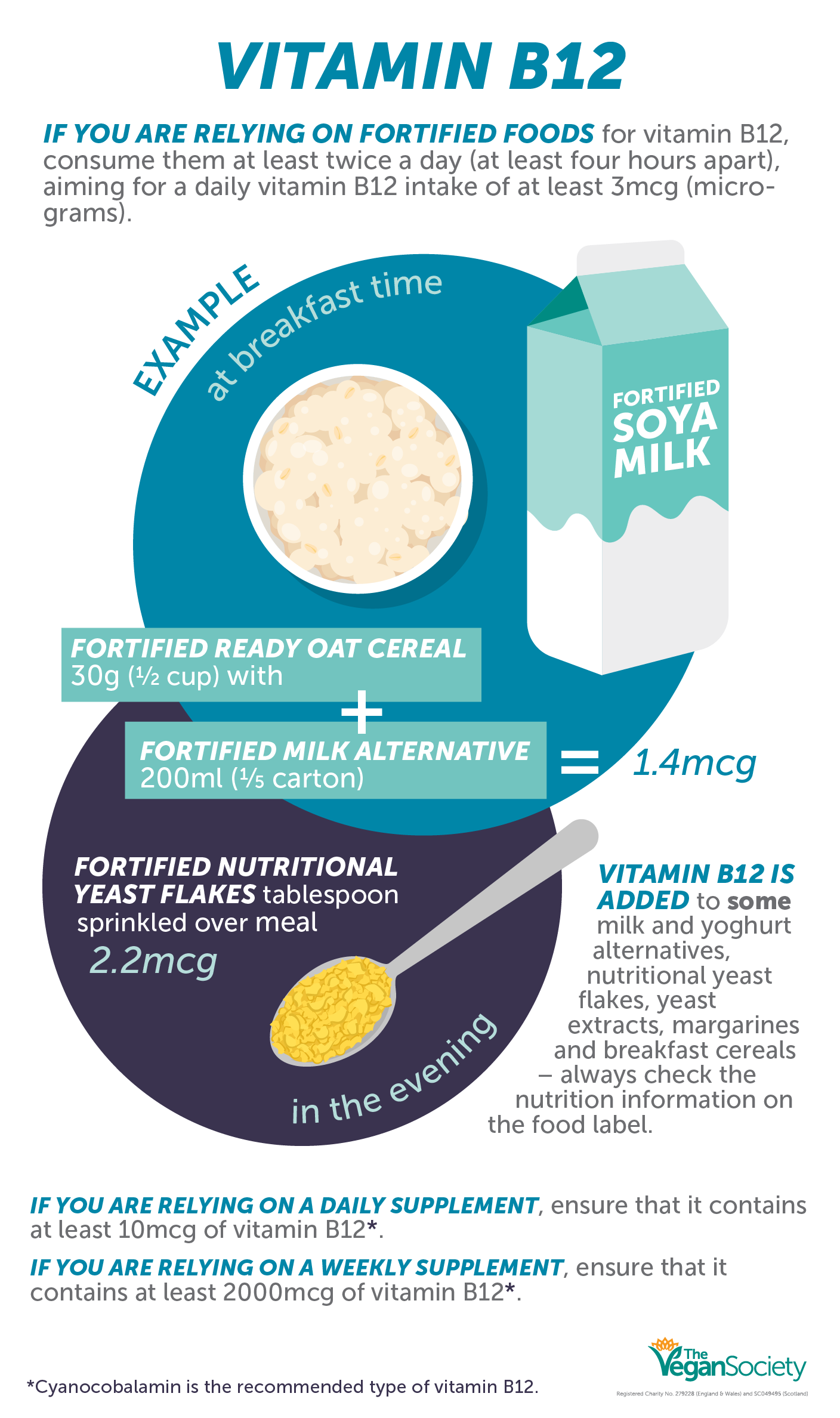
Click to view full infographic

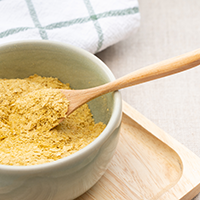
How much B12 do you need?
Your body can absorb vitamin B12 more efficiently in frequent small amounts, which is why the recommended intake for supplementation is much greater than the daily intake recommended for people relying on fortified foods. Compare your intake to The Vegan Society’s guidelines in the infographic above. This will help to ensure that you are getting enough vitamin B12.
These amounts might seem like a lot compared with the daily intake of 1.5 mcg (microgram) recommended for adults in the UK.1 However, these guidelines are safe and have been developed in line with the recommendations of public health authorities. No upper limit has been set for vitamin B12 intakes because no toxic effect has been identified.2
Guidelines for children are outlined in our information about different life stages available at www.vegansociety.com/nutrition
Which vegan foods contain Vitamin B12?
Fortified nutritional yeast is used by many vegans to increase their B12 intake and can be used in various vegan dishes. Fortified breakfast cereals, fortified plant milks, fortified plant spreads and yeast extracts are also sources of vitamin B12 for vegans.
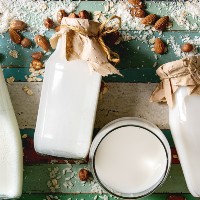
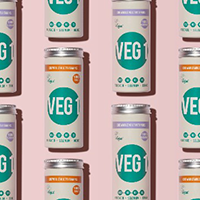
A note for people taking VEG 1
If you take The Vegan Society’s VEG 1 supplement, you can increase the absorption of vitamin B12 by splitting the tablet into two and taking half with one meal and half with another meal at least four hours later. This approach enables you to match the higher end of Western omnivorous B12 levels. However, it is not essential to split the tablet, especially if you are consuming foods fortified with vitamin B12 across the day.
You may notice that supplements contain different types of vitamin B12. Cyanocobalamin is the recommended form of vitamin B12 because it is the most stable, as well as economical, widely available and well researched. Your body converts cyanocobalamin into the two active forms of B12: methylcobalamin and adenosylcobalamin.
Vitamin B12 tips to take away
- Ensure that your vegan diet follows The Vegan Society guidelines about reliable vegan sources of vitamin B12, including fortified foods and/or taking a reliable supplement.
- We recommend that you seek advice from a health professional if you think you may have a vitamin B12 deficiency.
Further information
You might be interested to check out the following webpages:
- What every vegan should know about vitamin B12 – an Open Letter with detailed information on vitamin B12 endorsed by health professionals.
- What’s a safe source of vitamin B12? – a blog explaining why fortified foods and supplementation are the safest sources of vitamin B12.
- Nutrition overview – information to help you ensure that your overall diet is balanced and varied.
- Life stages – including pregnancy, breastfeeding and different age groups.
References
-
Committee on Medical Aspects of Food and Nutrition. Dietary Reference Values for Food Energy and Nutrients for the United Kingdom London: HMSO; 1991
-
European Food Safety Authority Panel on Dietetic Products, Nutrition, and Allergies. Scientific Opinion on Dietary Reference Values for Cobalamin (Vitamin B12) 2015 https://efsa.onlinelibrary.wiley.com/doi/epdf/10.2903/j.efsa.2015.4150 (accessed 12 October 2023)
These are general guidelines about nutrition. If you have concerns about your diet, please talk to your doctor about seeing a dietitian. Discussing the use of supplements with a health professional will help to ensure that they are suitable for you.
